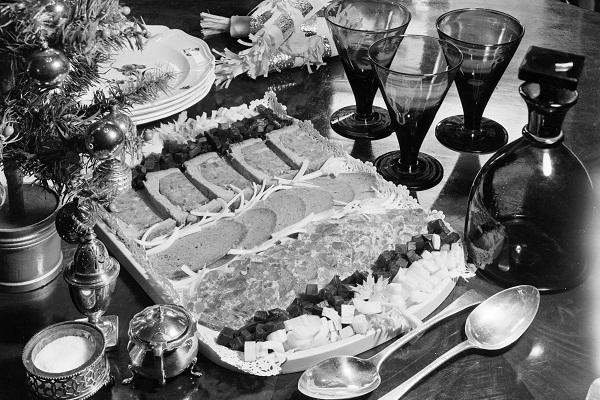Lawrence Norfolk has always liked to centre his novels around a mixture of existing and constructed myth, and then let the action which happens centuries later be informed by or feed back into this network. His first book in twelve years, John Saturnall’s Feast, explores how the Civil War affected the career of a 17th century chef, the kitchens of great country houses and the symbolism of food. Its mythic centre is a pagan rite belonging to a pre-Christian British people, in which serving and eating food was the basis of an egalitarian community. In Charles I’s reign the one person left alive with the key to this feast is an orphan called John Saturnall, who has gone to work as a kitchen boy at the local manor. Meanwhile, Puritans are hunting witches and generally spoiling everybody’s fun. Each of the novel’s chapters opens with an emotionally significant recipe from Saturnall’s cookbook/memoir, replete with curly script and the occasional long s.

Get Britain's best politics newsletters
Register to get The Spectator's insight and opinion straight to your inbox. You can then read two free articles each week.
Already a subscriber? Log in






Comments
Join the debate for just £1 a month
Be part of the conversation with other Spectator readers by getting your first three months for £3.
UNLOCK ACCESS Just £1 a monthAlready a subscriber? Log in